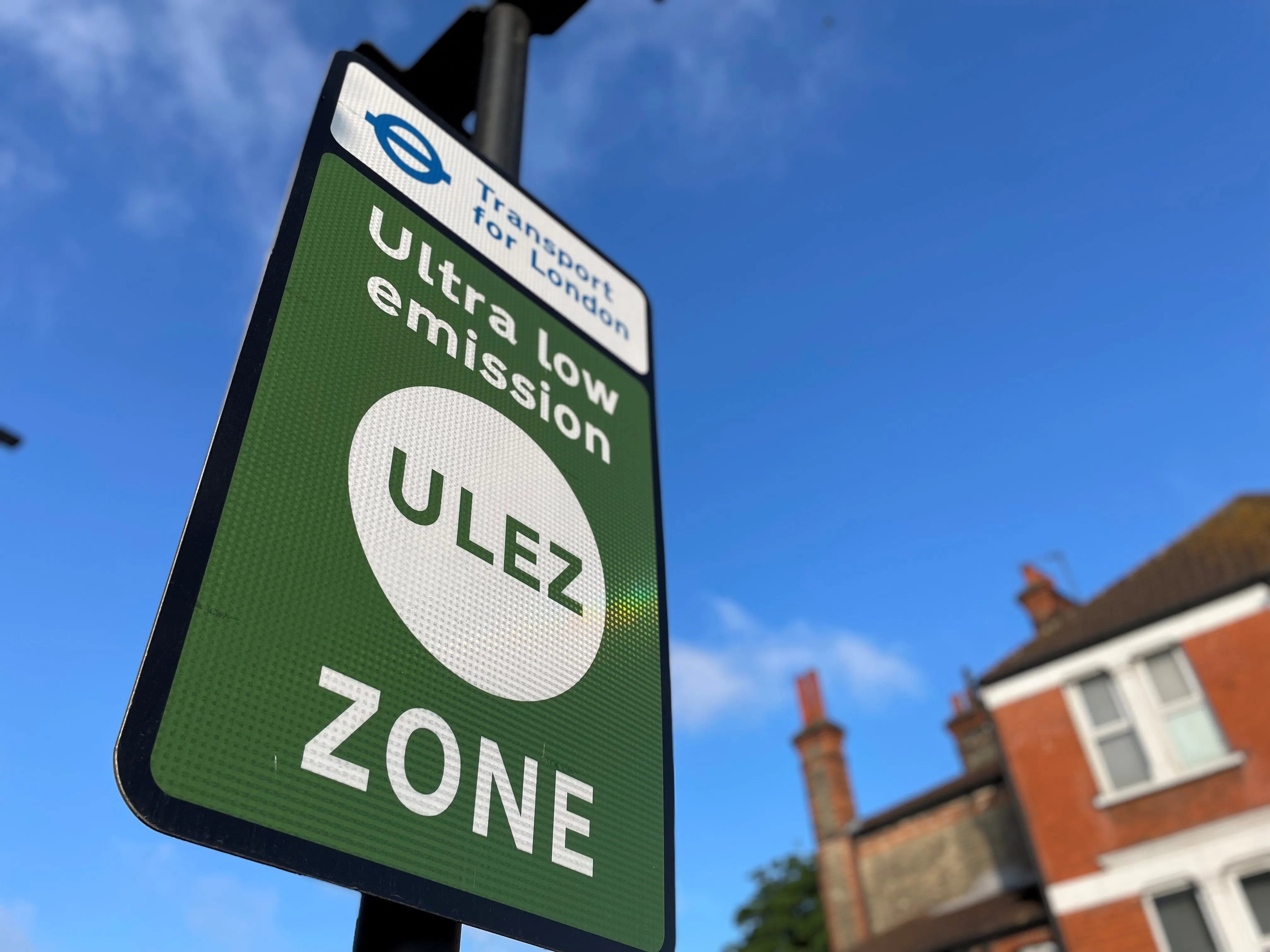Nissan, manufacturer of the Nissan Leaf electric vehicle (EV), and Ecotricity, which operates one of Europe’s rapid charging network, the Electric Highway, have called on the UK government to introduce official road signage for the UK’s growing number of standard and rapid EV charging points.
Despite there being more than 9,000 EV charging points nationwide, there is still no official, recognisable signage available to direct motorists to them.
Nissan and Ecotricity claim the time is right for the ne
October 23, 2015
Read time: 2 mins
Despite there being more than 9,000 EV charging points nationwide, there is still no official, recognisable signage available to direct motorists to them.
Nissan and Ecotricity claim the time is right for the new UK Government to take action and raise awareness of the UK’s EV infrastructure by introducing universal symbols that can be used to designate the different types of EV charging points available on Britain’s roadways, notably standard and rapid chargers.
The campaign will be calling on key influencers in the motoring and sustainability sector to share their views on the UK’s electric vehicle charging network in order to encourage the
Ecotricity recently revealed that Electric Highway members have now driven over 15 million miles since the charging network’s inception in 2011, with that number now growing by nearly 2 million miles a month and over 1,000 new registrations each month.
Nissan has sold more than 11,500 all electric Nissan LEAFs since the vehicle was launched in the UK, and almost 200,000 worldwide, in 2011 and 2010 respectively.









